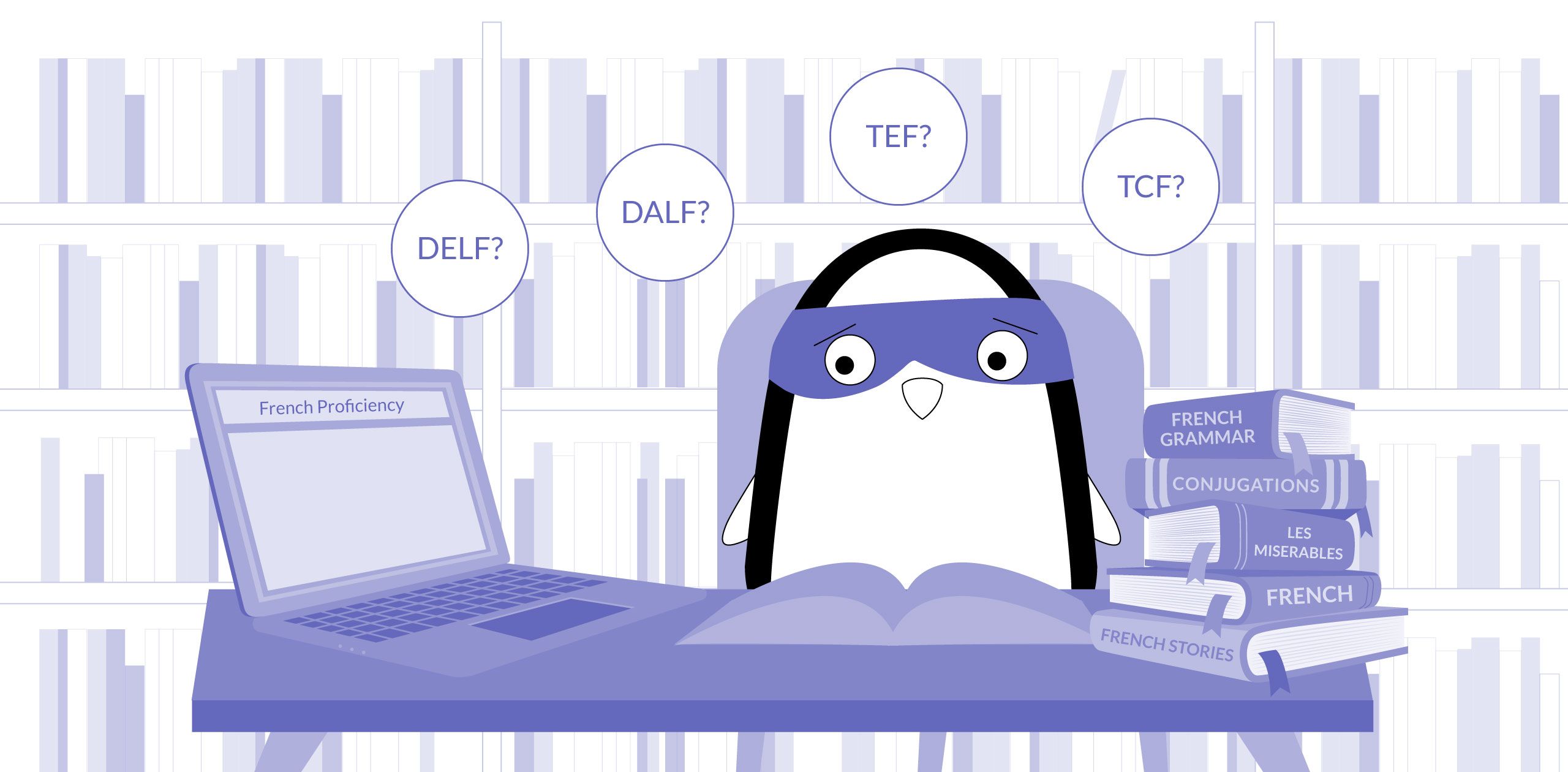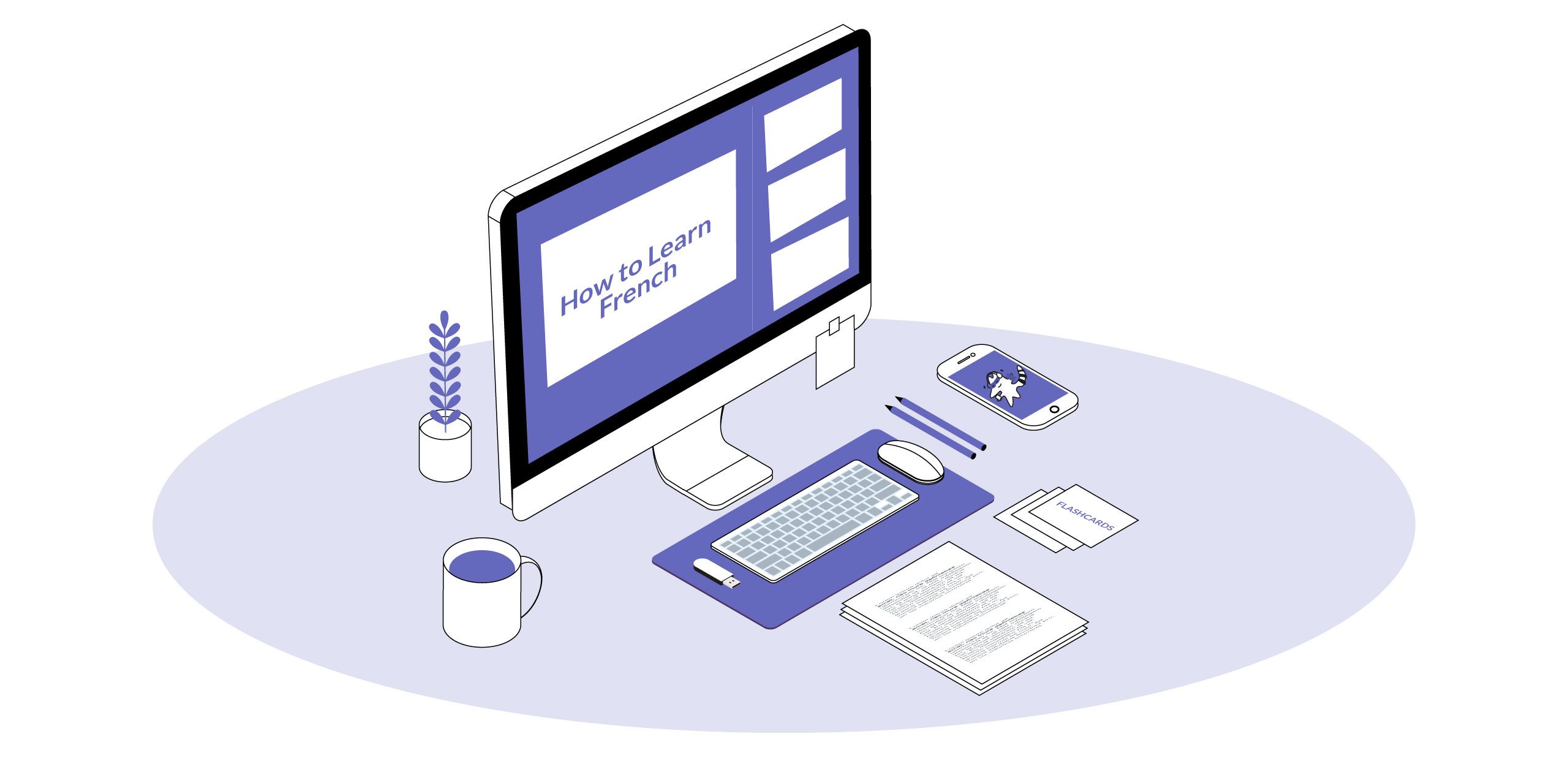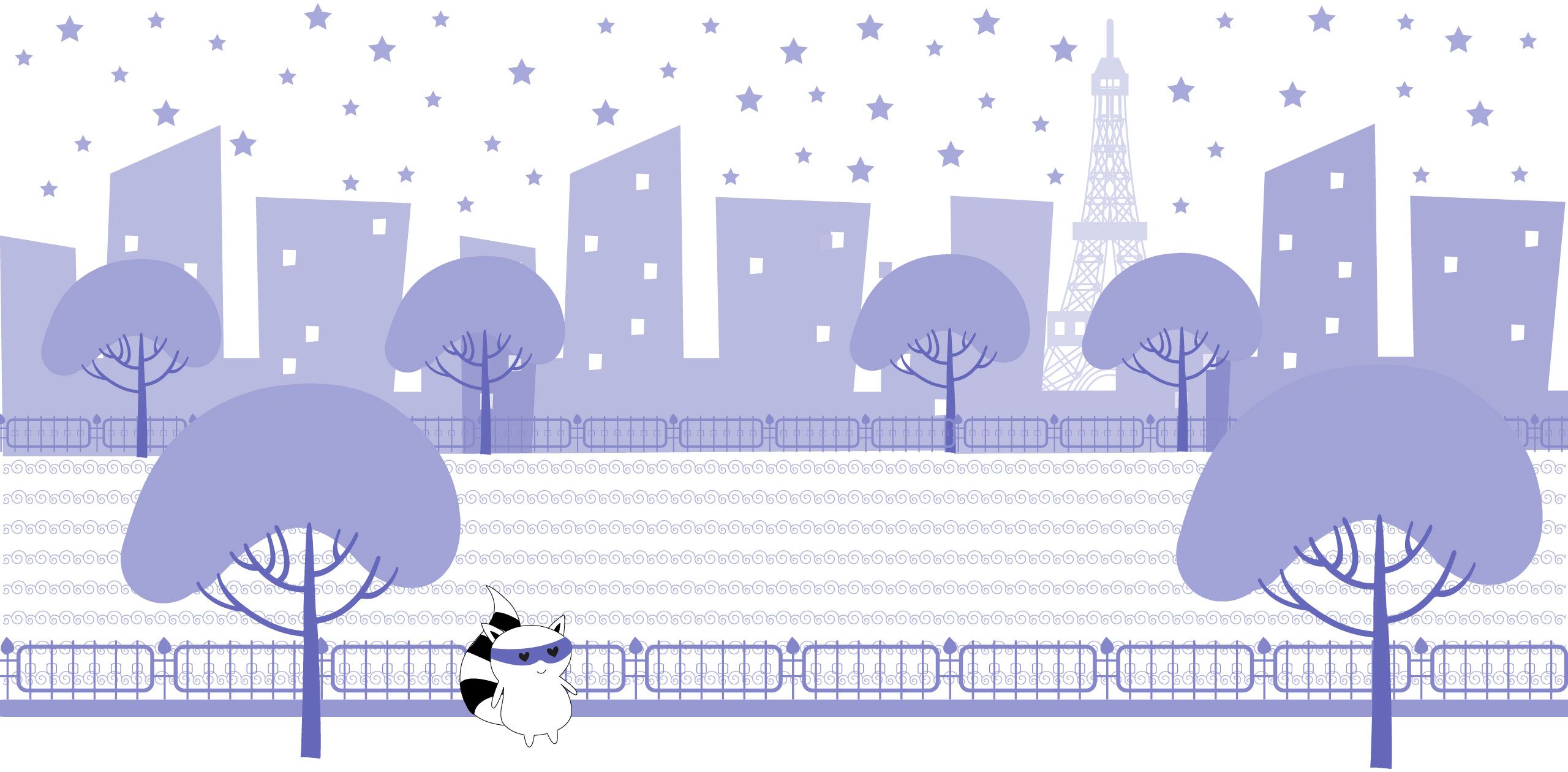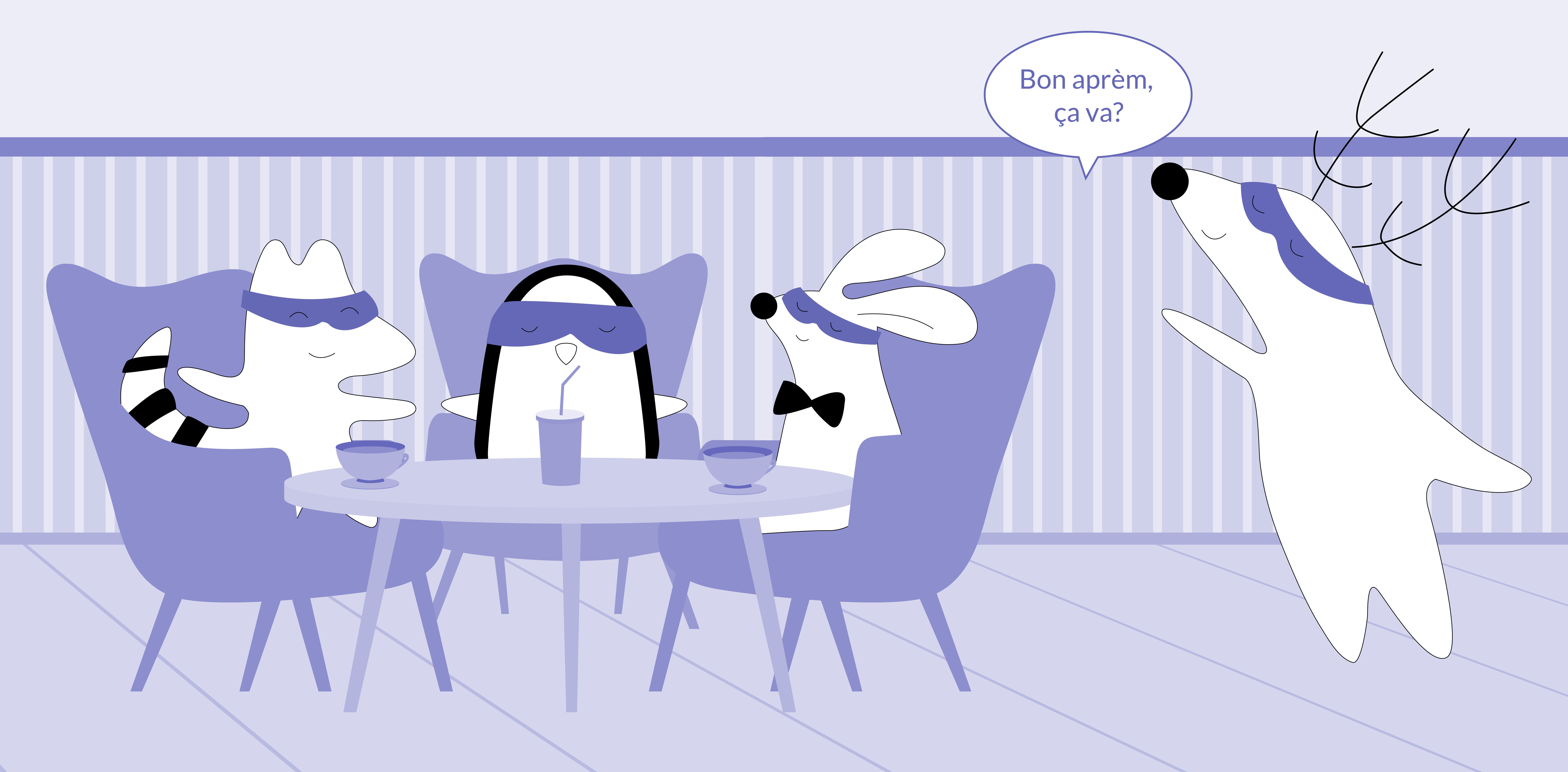
As you begin your journey to learning French, one of the first things you'll encounter is how to greet someone in this beautiful language. And, when it comes to greetings, knowing how to say "good afternoon" can come in handy in a variety of situations.
In French, there are several ways to wish someone a good afternoon, each with its unique usage and cultural significance. In this guide, we explore the different variations of saying "good afternoon" in French, along with example sentences, pronunciation tips, and cultural insights to ensure you have a comprehensive understanding of this topic. Read on!
Learn French with Langster
Understanding French Greetings
Before diving into how to say "good afternoon" in French specifically, it's essential to understand the context and cultural significance of French greetings.
In French culture, greetings are an essential part of daily interactions and are seen as a way to build relationships and show respect and politeness towards others.
In general, the French prefer formal greetings when meeting someone new or in a professional setting. However, with close friends or family members, an informal, casual greeting would be a more common option. It's also common for the French to greet each other with a kiss on both cheeks, even in formal settings. However, this varies based on the region and the relationship between individuals.
It's essential to use the appropriate greeting based on the situation, as this can impact how others perceive you.
Saying "Good Afternoon" in French
Now, let's explore the different ways to say "good afternoon" in French:
Bon après-midi
This is the most common way to say "good afternoon" in French. It can be used in both formal and informal settings, as its literal translation is "good afternoon."
French
English
Bon après-midi, madame.
Good afternoon, ma'am.
Bon après-midi vs. Bonne après-midi
The French language, intriguing and beautiful as it is, sometimes presents us with some conundrums. A case in point is this very afternoon greeting.
In addition to Bon après-midi, you might have come across a very similar Bonne après-midi — so, which one to use?
The main confusion is hidden in the concept of gendered objects and, consequently, nouns in French — which is something that often leaves English speakers perplexed.
Interestingly, some words in French can have both genders, like amour in its plural form and après-midi from our current example. As such, you are equally free to wish someone Bon après-midi and Bonne après-midi.
So, both of these examples are correct forms of saying “good afternoon” in French:
French
English
Passe un bon après-midi à tous!
Have a good afternoon everyone!
Je vous souhaite une belle après-midi.
I hope you have a lovely afternoon.
And, while the l’Académie Française, the preeminent council for matters pertaining to the French language, has a penchant for the masculine form, this doesn't stop the debate from being a lively one.
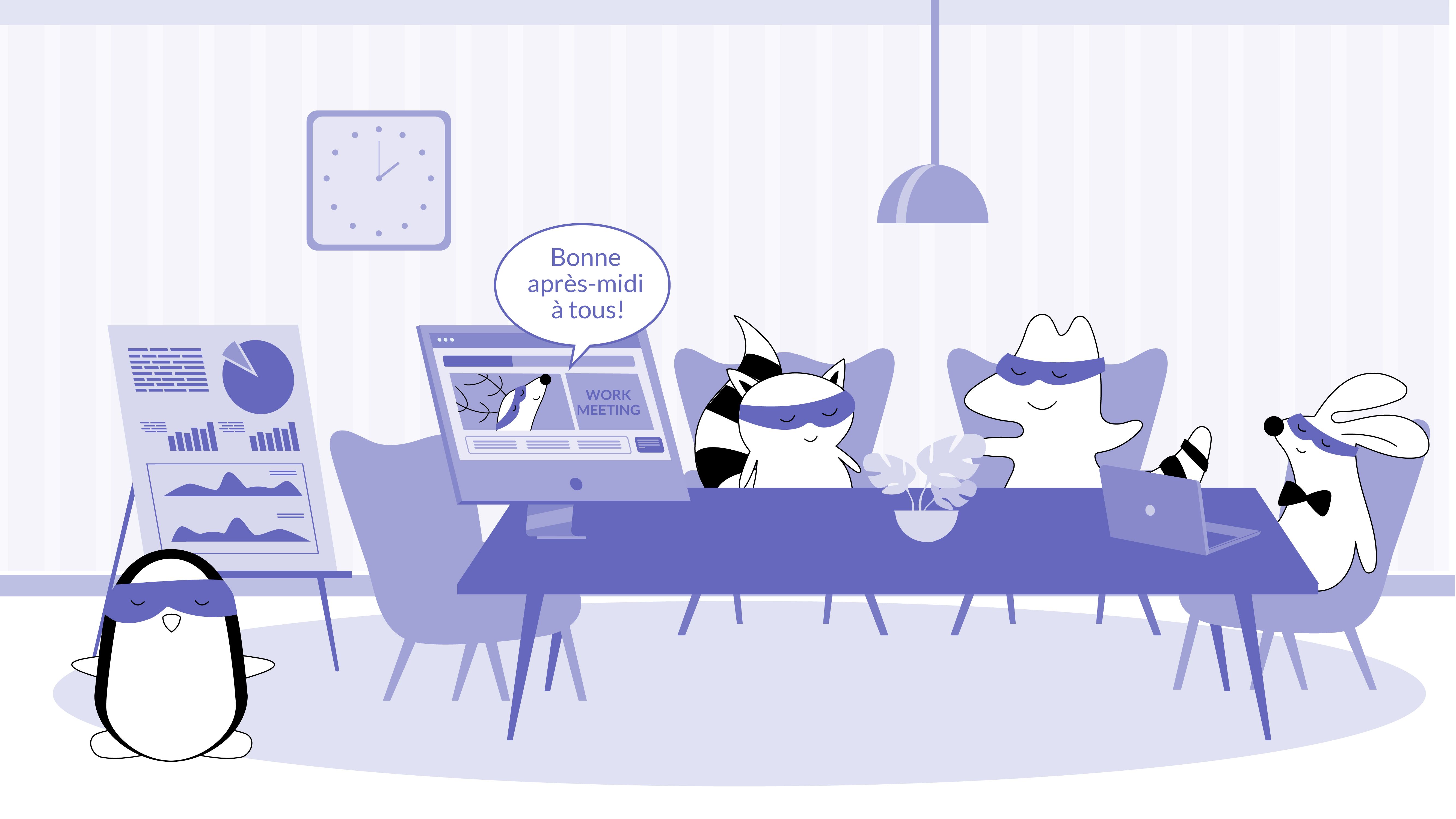
Bon aprèm!
This is an informal and friendly way to say "good afternoon" in French. It's a shortened version of Bon après-midi and is often used among friends, family members, or people of the same age.
French
English
Bon aprèm, ça va?
Afternoon, how's it going?
This phrase embodies the French love for abbreviations and colloquial language. However, it's not advisable to use this form in a formal setting or with people you don't know well.
Bonjour
While this universal greeting literally means "good morning," it is also commonly used as a general greeting throughout the day, including in the afternoon.
It's best to use this in less formal settings or with people you know well, like in this interaction:
French
English
Bonjour, comment allez-vous aujourd'hui?
Good afternoon, how are you today?
Très bien, merci.
Fine, thanks.
Bonsoir
This greeting translates to "good evening," but it is also commonly used as a way to say "good afternoon" in French. It's best to use this greeting after 6 pm.
French
English
Bonsoir, monsieur.
Good afternoon, sir.
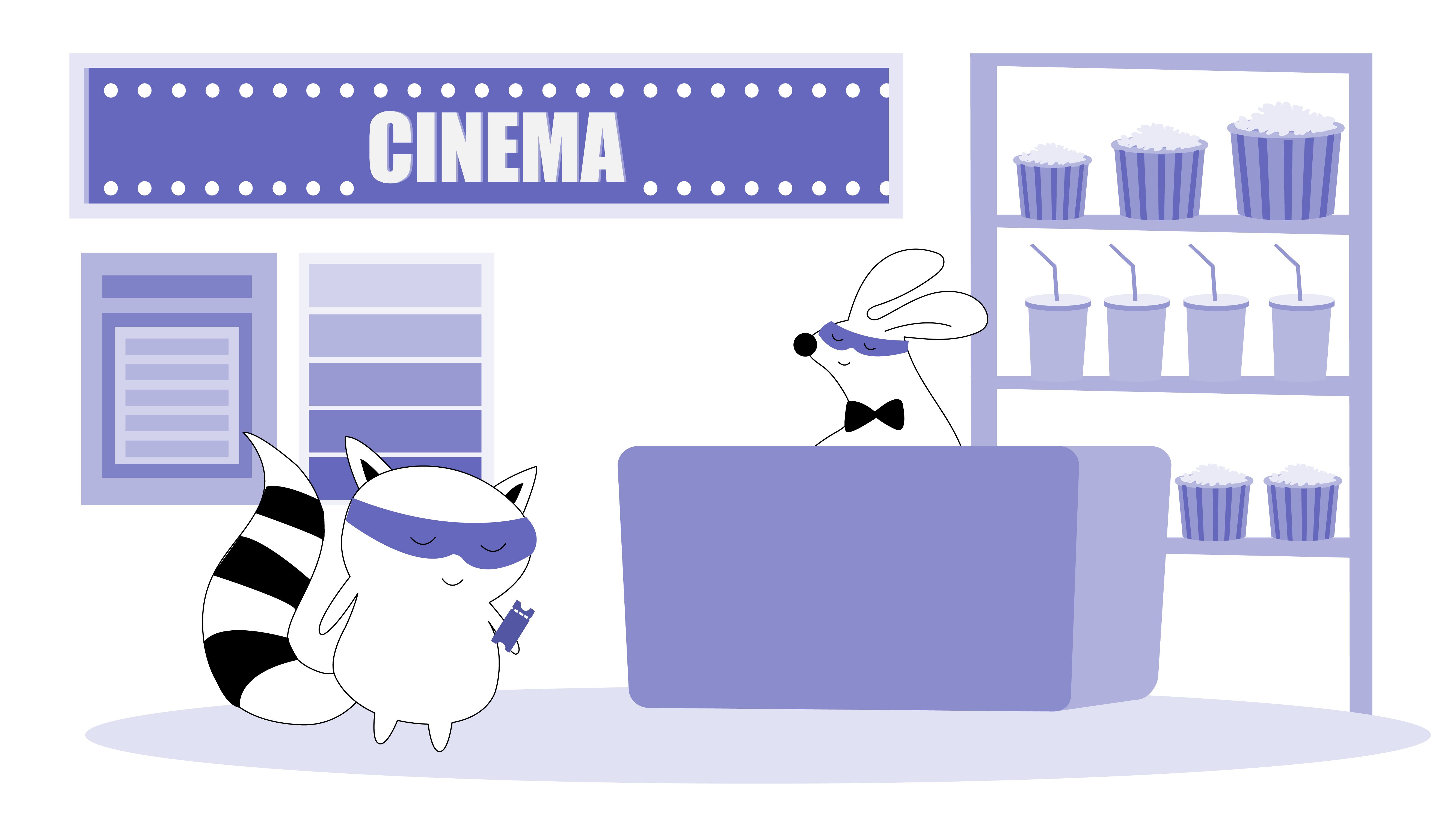
Salut
This informal greeting is the French equivalent of "hi" or "hello" in English and can be used anytime during the day, including in the afternoon.
French
English
Salut, ça va?
Hi, how are you?
Other Common French Greetings
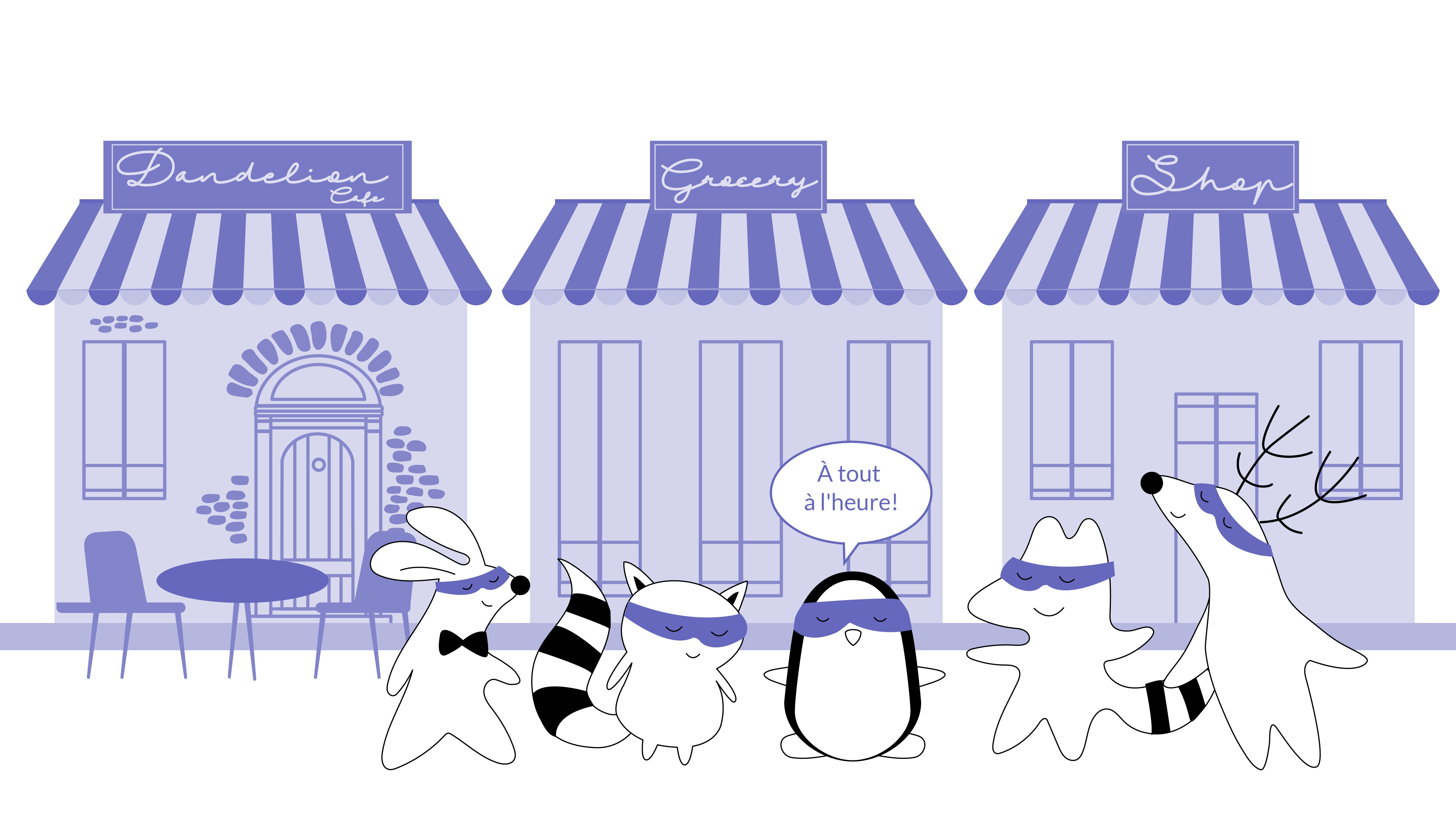
Apart from "good afternoon," here are a few other common French greetings you may come across:
| French Greeting | English Translation | Explanation |
|---|---|---|
| Bonne journée | Have a good day | This phrase means "have a good day" and is often used when saying goodbye, the same way you would say Au revoir or Bonne nuit. |
| Bonne soirée | Have a good evening | Similar to bonne journée, this phrase translates to "have a good evening." It's commonly said when parting ways with someone in the late afternoon or early evening. |
| À bientôt | See you soon | This French phrase can be used as a farewell greeting. |
| À tout à l'heure | See you later | This is a French equivalent of "see you later" and is often used when parting ways with someone during the day or in the afternoon. |
| French Greeting | English Translation | Explanation |
|---|---|---|
| Bonne journée | Have a good day | This phrase means "have a good day" and is often used when saying goodbye, the same way you would say Au revoir or Bonne nuit. |
| Bonne soirée | Have a good evening | Similar to bonne journée, this phrase translates to "have a good evening." It's commonly said when parting ways with someone in the late afternoon or early evening. |
| À bientôt | See you soon | This French phrase can be used as a farewell greeting. |
| À tout à l'heure | See you later | This is a French equivalent of "see you later" and is often used when parting ways with someone during the day or in the afternoon. |
We cover even more ways to say “hello” in French in our guide dedicated specifically to French greetings. Make sure to check it for more context and pronunciation nuances!
Pronunciation Tips
As with any language, learning the pronunciation of greetings is crucial if you want to achieve a local-like mastery of speaking French. Here are a few tips to help you pronounce these phrases correctly:
- In French, the "u" sound is pronounced by rounding your lips and making a humming noise with your mouth closed. This sound can be heard in words like tu or lune.
- The letter "r" is typically pronounced at the back of the throat in French. It's a softer sound compared to English, so try to relax your tongue and throat when saying it.
- The nasal sounds in French, such as on or en, are pronounced by pushing air through your nose while keeping your mouth almost closed.
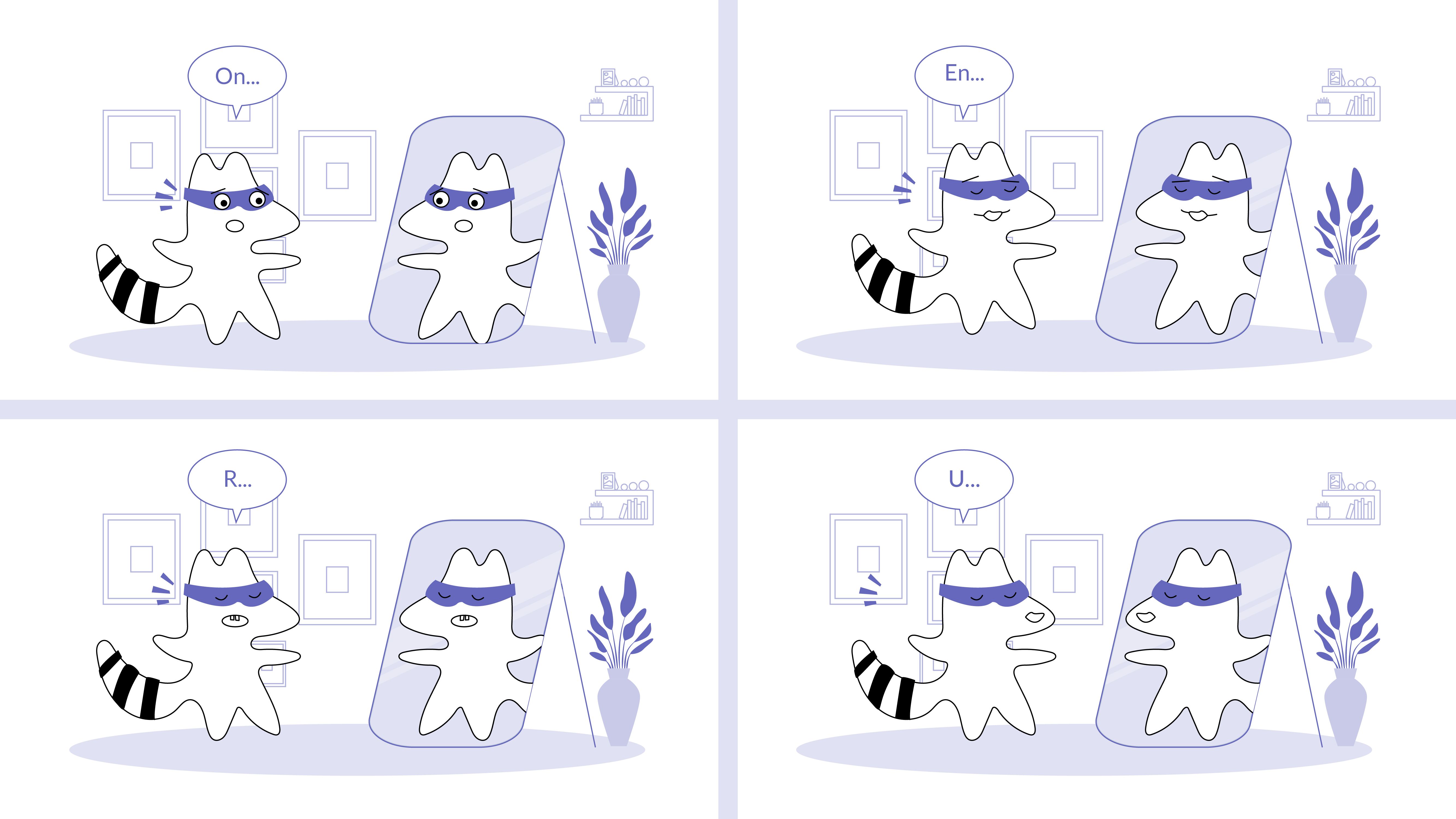
The Bottom Line
Learning how to say "good afternoon" in French is essential for any language learner. By understanding the different ways to greet someone in this beautiful language, along with pronunciation tips and cultural insights, you'll be able to communicate more effectively and show respect towards others in French-speaking countries.
So, go ahead, download our Langster app to practice these phrases in context, and immerse yourself in the rich culture of French greetings!
Learn French with Langster







